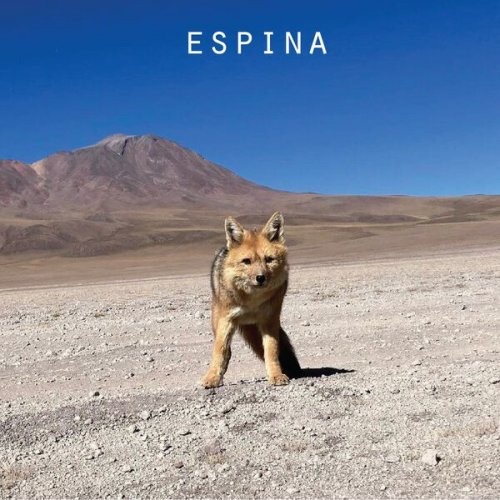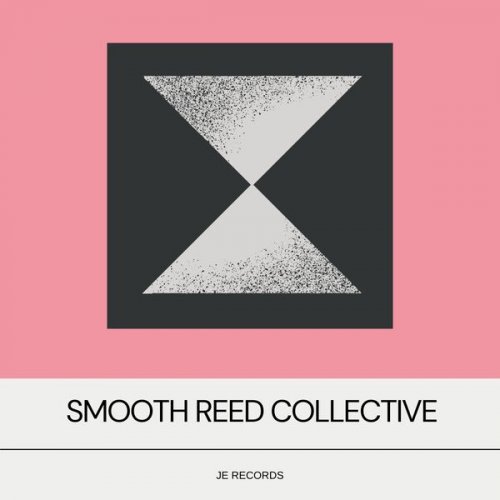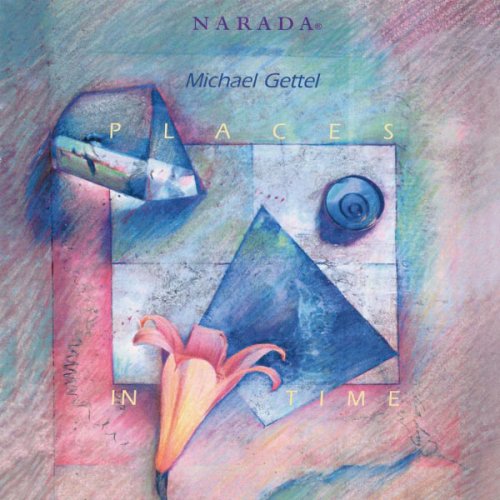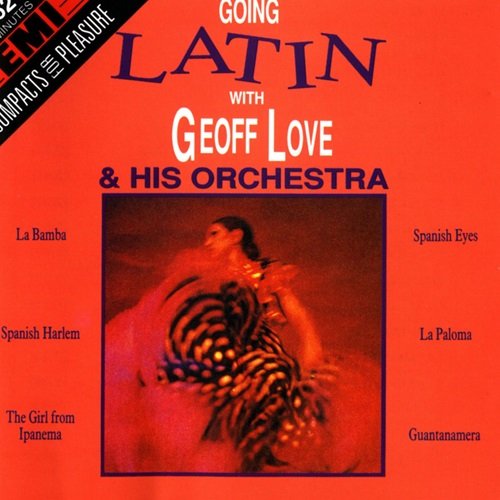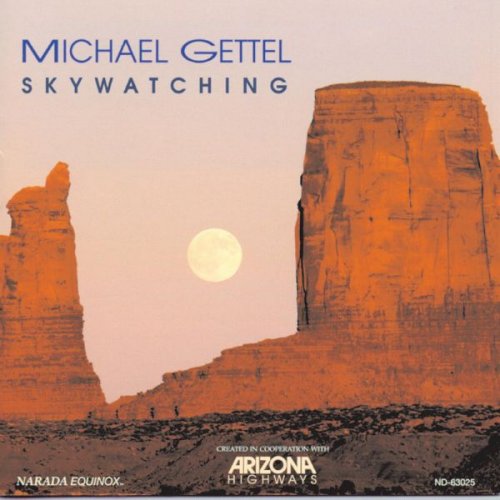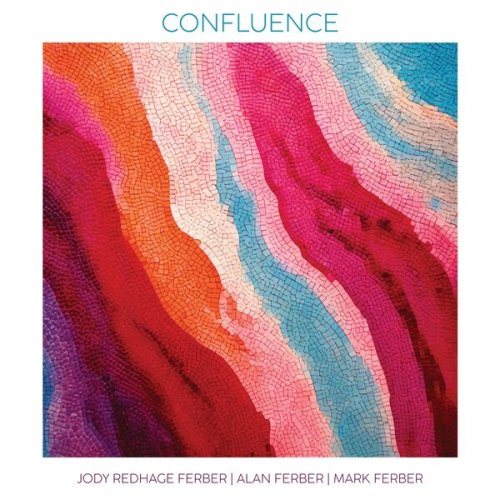Nicholas McGegan - Handel: Partenope (2001)
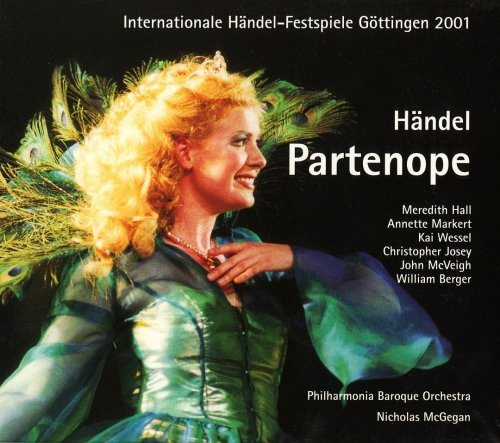
Artist: Nicholas McGegan
Title: Handel: Partenope
Year Of Release: 2001
Label: Göttingen Handel Gesellschaft e.V.
Genre: Classical
Quality: FLAC (image + .cue, log, scans)
Total Time: 3:12:33
Total Size: 981 MB
WebSite: Album Preview
Tracklist:Title: Handel: Partenope
Year Of Release: 2001
Label: Göttingen Handel Gesellschaft e.V.
Genre: Classical
Quality: FLAC (image + .cue, log, scans)
Total Time: 3:12:33
Total Size: 981 MB
WebSite: Album Preview
CD1
01. Ouverture - I. (01:45)
02. Ouverture - II. Allegro (02:59)
03. Ouverture - III. Presto (01:30)
Atto I
04. Scena 1 - Recitativo - Tu dell'eccelse (00:41)
05. Coro - Viva (00:57)
06. Recitativo - Miei fidi (00:21)
07. Scena 2 - Recitativo - Arsace (01:21)
08. Scena 3 - Recitativo - Regina. in folte (00:44)
09. Aria (Partenope) - L'amor ed il destin (03:10)
10. Aria (Arsace) - O Eurimene ha l'idea (02:46)
11. Scena 4 - Recitativo - Cavalier (01:23)
12. Aria (Rosmira) - Se non ti sai spiegar (03:55)
13. Reditativo - Armindo (00:19)
14. Aria (Armindo) - Voglio dire al mio tesoro (05:38)
15. Scena 5 - Recitativo - Ah, ch'un volto (02:11)
16. Aria (Rosmira) - Un'altra volta ancor (02:32)
17. Recitativo - Rosmira, oh dio (00:20)
18. Aria (Arsace) - Sento amor con novi dardi (05:22)
19. Scena 6 -Recitativo- Stan pronti (00:31)
20. Aria (Ormonte) - T'appresta forse Amore (03:38)
21. Scena 7 - Recitativo - Signora (01:36)
22. Aria (Armindo) - Bramo restar, ma no (06:08)
23. Scena 8 - Recitativo e Duettino (Arsace, Partenope) - Per te moro (00:48)
24. Scena 9 - Recitativo - E se giunge (02:12)
25. Aria (Partenope) - Sei mia gioia, sei mio bene (03:15)
26. Recitativo - I novelli (00:32)
27. Aria (Arsace) - Dimmi, pietoso ciel (04:20)
28. Scena 10 - Recitativo - Ecco Emilio (02:11)
29. Aria (Emilio) - Anch'io pugnar sapro (03:13)
30. Scena 11 - Recitativo - Arsace, tu sarai (01:08)
31. Aria (Partenope) - Io ti levo l'impero dell'armi (06:46)
CD2
01. Scena 12 - Recitativo: Lascia, deh, lascia, oh prence (00:49)
02. Scena 12 - Aria: E figlio il mio timore (Arsace) (03:16)
03. Scena 13 - Recitativo: Prence, di te mi lagno (00:43)
04. Scena 13 - Aria: Io seguo sol fiero (Rosmira) (04:33)
Atto II
05. Scena 1 - Sinfonia (00:32)
06. Recitativo: Forti mie schiere (00:22)
07. Marche (00:58)
08. Recitativo: Ma le nemiche squadre (00:26)
09. Coro: Con valorosa mano (00:54)
10. Sinfonia (00:44)
11. Recitativo: Soccorso (00:15)
12. Sinfonia (00:44)
13. Recitativo: Renditi, oppure estinto (01:15)
14. Coro: Vi circondi la gloria d'allori! (01:32)
15. Scena 2 - Recitativo accompagnato: Contro un pudico amor (00:42)
16. Aria: Barbaro fato, si (Emilio) (04:22)
17. Scena 3 - Aria: Care mura (Partenope) (01:42)
18. Recitativo: Emilio! (02:28)
19. Aria: Voglio amare insin ch'io moro (Partenope) (06:15)
20. Scena 4 - Recitativo: Ti bramo amico, e teco (00:24)
21. Duetto: E vuoi con dure tempre (Arsace, Rosmira) (03:05)
22. Scena 5 - Recitativo: Non puo darsi in un petto (01:43)
23. Aria: Furie son dell'alma mia (Rosmira) (03:16)
24. Scena 6 - Recitativo: A pro di chi t'offese (01:19)
25. Aria: Poterti dir vorrei (Arsace) (03:02)
26. Scena 7 - Recitativo: Regina (01:40)
27. Aria: Non chiedo, oh luci vaghe (Armindo) (02:36)
28. Recitativo: Piu d'ogn'altro sarebbe (00:25)
29. Aria: Qual farfalletta (Partenope) (06:30)
30. Scena 8 - Recitativo: Quanto godo, Eurimene (01:04)
31. Scena 9 - Recitativo: Rosmira mia, mio bene! (00:48)
32. Aria: Furibondo spira il vento (Arsace) (04:04)
CD3
Atto III
01. Scena 1 - Sinfonia (00:36)
02. Recitativo: Regina, ti compiace (00:46)
03. Quartetto: Non e incauto il mio consiglio (Armindo, Emilio, Arsace,... (01:30)
04. Scena 2 - Recitativo: Partenope, Eurimene (01:45)
05. Arietta: Arsace, oh dio, cosi (Rosmira) (00:55)
06. Recitativo: Chi m'apre i lumi? (00:27)
07. Aria: Spera e godi, oh mio tesoro (Partenope) (02:59)
08. Scena 3 - Recitativo: Prencipe, ardir! (01:05)
09. Aria: La speme ti consoli (Emilio) (04:11)
10. Scena 4 - Recitativo: Rosmira, ove ti guida (01:38)
11. Aria: Ch'io parta? (Arsace) (04:04)
12. Recitativo: Oh dio, par che dal petto (00:31)
13. Aria: Quel volto mi piace (Rosmira) (02:48)
14. Scena 5 - Recitativo: Ormonte, ti destino (01:04)
15. Aria: Nobil core che ben ama (Armindo) (04:05)
16. Scena 6 - Recitativo: Non chiedo, oh miei tormenti (01:06)
17. Aria: Ma quai note di mesti lamenti (Arsace) (02:48)
18. Scena 7 - Recitativo accompagnato: Cieli, che miro! (Rosmira) (00:41)
19. Scena 8 - Recitativo: Ma Partenope vien (01:31)
20. Terzetto: Un cor infedele (Partenope, Arsace, Rosmira) (02:15)
21. Recitativo: Passo di duolo in duolo (00:09)
22. Aria: Fatto e Amor un dio d'inferno (Arsace) (02:58)
23. Scena 9 - Recitativo: Di bel desire avvampo (00:31)
24. Aria: La gloria in nobil alma (Emilio) (04:36)
25. Scena 10 - Sinfonia (00:32)
26. Recitativo: Regina, in queste arene (04:05)
27. Aria: Si, scherza, si (Partenope) (04:01)
28. Recitativo: Armindo sia mio sposo (00:33)
29. Coro: D'Imeneo le belle tede (02:01)
30. Appendix - Recitativo: Regina, in queste arene (04:09)
31. Aria: Seguaci di Cupido (Arsace) (03:47)
32. Recitativo: Tu vanne in libertate (00:19)
33. Coro: D'Imeneo le belle tede (01:25)
Nicholas McGegan has done more for the early music movement in America than nearly anyone else, and his tireless explorations of the byways of Baroque opera have put many fascinating works into the concert hall and onto recordings.
He studied piano at London's Trinity College of Music and learned to play the flute while he was there, but entertained no special desire to study historical performance. When he entered Corpus Christi College in Cambridge, however, one of the courses required for a music degree was professor Nicholas Shackleton's acoustics course. This course often met in the professor's home, which contained both a large collection of 18th century wind instruments and a tenant named Christopher Hogwood. Hogwood, of course, was then one of the leading lions of the period-instrument Baroque movement in England, so McGegan could not have been in a better position to learn about it. Although he had been studying 20th century music, one day he picked up a Baroque wooden flute and never looked back. During the 1970s, McGegan became one of the bright lights of England's starry period-instrument scene, playing the flute, harpsichord, and fortepiano with all the major period instrument groups in England, especially Hogwood's Academy of Ancient Music. He became director of early music at the Royal College of Music in London in 1976.
In 1979, McGegan made the fateful decision to accept a three-month artist-in-residence position at Washington University at St. Louis. McGegan's teaching and performance caused quite a stir at the university and numerous renewals of the initial term followed; McGegan has said that during this time he became "more American-based than European-based." In 1985, McGegan became music director of the Philharmonia Baroque Orchestra, which had been a players' cooperative without a leader. The ensemble still places a premium on collaboration and creativity under McGegan's direction. It has become the finest period instrument group in America and one of the finest in the world since McGegan took it over, making numerous recordings under his direction.
One of the international positions this very busy conductor holds is artistic director of the Gottingen Handel Festival, the oldest festival for Baroque music in the world. He has also spread the ideas of historically informed practice in his work with groups such as Hungary's Capella Savaria; the Chicago Symphony; the Cleveland and Philadelphia orchestras; Saint Louis, Toronto, and Sydney symphonies; the New York, Los Angeles, and Hong Kong philharmonics; the Northern Sinfonia, and the Scottish Chamber Orchestra, as well as opera companies including Covent Garden, San Francisco, Santa Fe, and Washington. McGegan also founded the Arcadian Academy, a chamber offshoot of the PBO, and has served as the Baroque series director for the Saint Paul Chamber Orchestra and as an advisory board member for the University of Maryland Handel Festival and London's Handel House. In his pursuit of reviving Baroque works, he's collaborated with dancer Mark Morris to present Rameau's Platée at the Edinburgh Festival and Handel's L’Allegro at Ravinia and the Mostly Mozart Festival in New York.
Despite, or perhaps because of, his academic credentials and background in period performance, McGegan's performances exemplify joy and fun, rather than sober scholarship. He has compared the PBO to a "jazz band" in terms of its ability to play together and play with spirit, and the comparison rings true when listening to the PBO live or on record, or, indeed, when listening to any of McGegan's performances. Although he is primarily identified with -- and won awards for his recordings of -- Handel, he has played repertoire stretching into the 19th century and has brought the same sense of fun to all of it. -- Andrew Lindemann Malone
He studied piano at London's Trinity College of Music and learned to play the flute while he was there, but entertained no special desire to study historical performance. When he entered Corpus Christi College in Cambridge, however, one of the courses required for a music degree was professor Nicholas Shackleton's acoustics course. This course often met in the professor's home, which contained both a large collection of 18th century wind instruments and a tenant named Christopher Hogwood. Hogwood, of course, was then one of the leading lions of the period-instrument Baroque movement in England, so McGegan could not have been in a better position to learn about it. Although he had been studying 20th century music, one day he picked up a Baroque wooden flute and never looked back. During the 1970s, McGegan became one of the bright lights of England's starry period-instrument scene, playing the flute, harpsichord, and fortepiano with all the major period instrument groups in England, especially Hogwood's Academy of Ancient Music. He became director of early music at the Royal College of Music in London in 1976.
In 1979, McGegan made the fateful decision to accept a three-month artist-in-residence position at Washington University at St. Louis. McGegan's teaching and performance caused quite a stir at the university and numerous renewals of the initial term followed; McGegan has said that during this time he became "more American-based than European-based." In 1985, McGegan became music director of the Philharmonia Baroque Orchestra, which had been a players' cooperative without a leader. The ensemble still places a premium on collaboration and creativity under McGegan's direction. It has become the finest period instrument group in America and one of the finest in the world since McGegan took it over, making numerous recordings under his direction.
One of the international positions this very busy conductor holds is artistic director of the Gottingen Handel Festival, the oldest festival for Baroque music in the world. He has also spread the ideas of historically informed practice in his work with groups such as Hungary's Capella Savaria; the Chicago Symphony; the Cleveland and Philadelphia orchestras; Saint Louis, Toronto, and Sydney symphonies; the New York, Los Angeles, and Hong Kong philharmonics; the Northern Sinfonia, and the Scottish Chamber Orchestra, as well as opera companies including Covent Garden, San Francisco, Santa Fe, and Washington. McGegan also founded the Arcadian Academy, a chamber offshoot of the PBO, and has served as the Baroque series director for the Saint Paul Chamber Orchestra and as an advisory board member for the University of Maryland Handel Festival and London's Handel House. In his pursuit of reviving Baroque works, he's collaborated with dancer Mark Morris to present Rameau's Platée at the Edinburgh Festival and Handel's L’Allegro at Ravinia and the Mostly Mozart Festival in New York.
Despite, or perhaps because of, his academic credentials and background in period performance, McGegan's performances exemplify joy and fun, rather than sober scholarship. He has compared the PBO to a "jazz band" in terms of its ability to play together and play with spirit, and the comparison rings true when listening to the PBO live or on record, or, indeed, when listening to any of McGegan's performances. Although he is primarily identified with -- and won awards for his recordings of -- Handel, he has played repertoire stretching into the 19th century and has brought the same sense of fun to all of it. -- Andrew Lindemann Malone
Related Releases:
![Clifton Chenier - Louisiana Blues and Zydeco (1965) [Hi-Res] Clifton Chenier - Louisiana Blues and Zydeco (1965) [Hi-Res]](https://img.israbox.com/img/2025-12/20/sbk3avlyv35pi9c6lq1p1fkea.jpg)
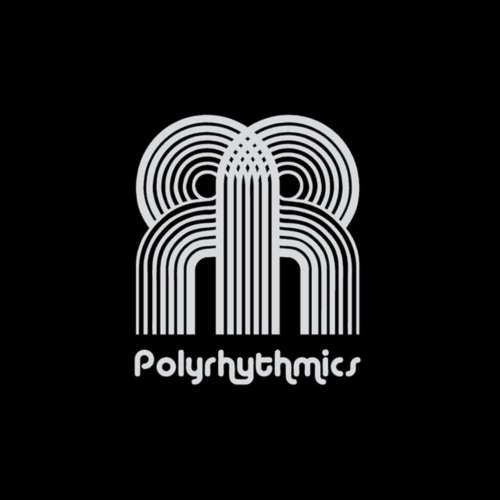
![Paul Mauriat - Mamy Blue (1971) [Hi-Res] Paul Mauriat - Mamy Blue (1971) [Hi-Res]](https://www.dibpic.com/uploads/posts/2025-12/1766140814_nqjtxk40yc4oi_600.jpg)
